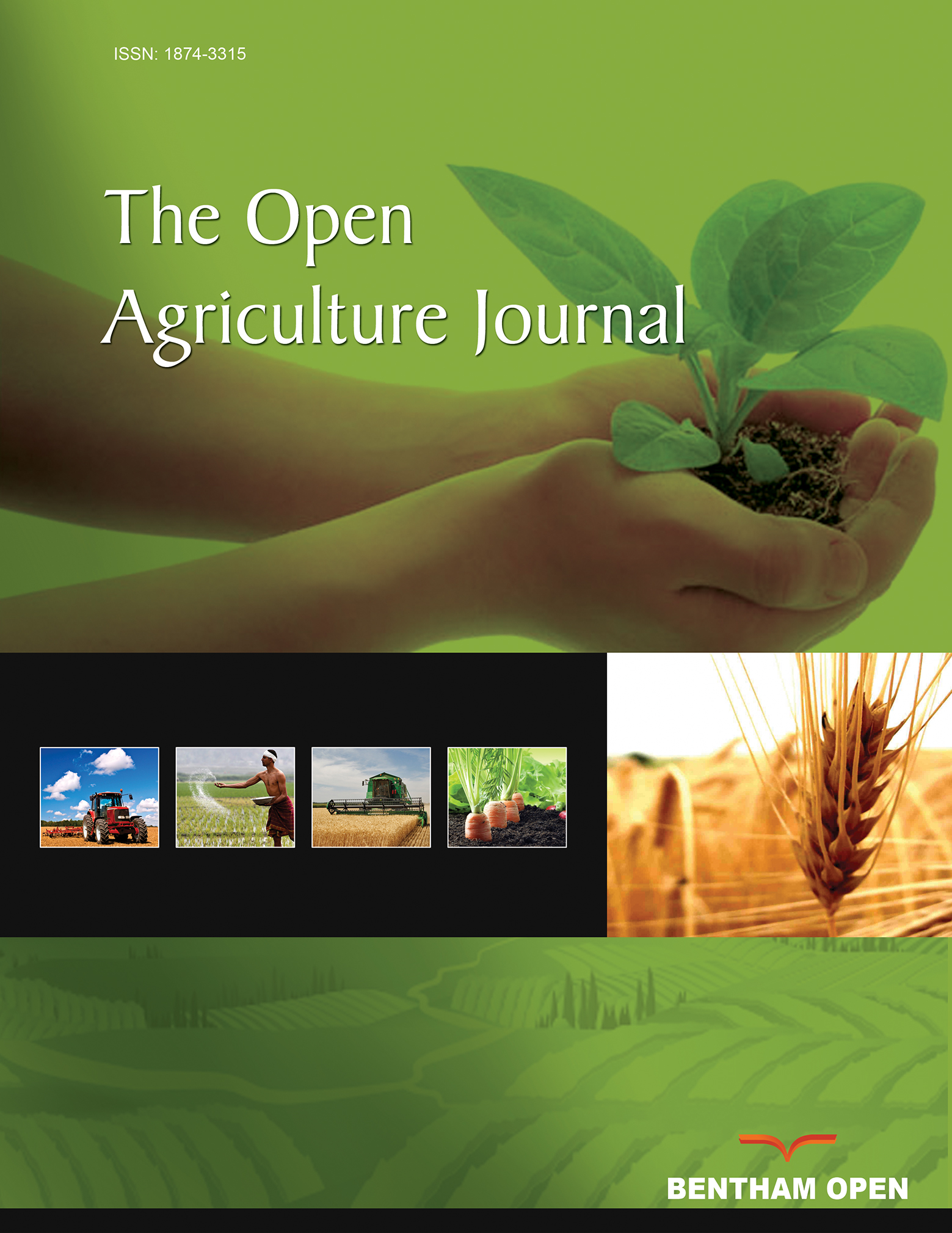All published articles of this journal are available on ScienceDirect.
Cacao as a Globalised Functional Food: Review on Cardiovascular Effects of Chocolate Consumption
Abstract
Polyphenols have increasingly been studied for their influence on cardiometabolic health. Since cacao and chocolate can be a rich source of polyphenols, they too have been investigated for their supposed health benefits. In the first part of this paper the history of the food and medicinal uses of the cacao plant was briefly examined. A particular emphasis has been placed on the analysis of the process of transformation of the cacao seed into chocolate, since many of the processing steps involved have important consequences on the final product’s content in polyphenols and flavanols, and hence on the purported beneficial activity of chocolate. This evaluation is also of great importance in interpreting the results of the epidemiological and clinical studies. The relevant literature was surveyed in the second part of the paper, and the results for the consumption of polyphenol-rich chocolate are that it is well correlated to a reduction of the overall cardiovascular risk, and of arterial blood pressure in hypertensive subjects. Less corroborated are the positive effects on vascular endothelial health, on blood lipids and on lipid peroxidation. There are also preliminary but promising results for a positive action on insulin sensitivity, platelet function and inflammation. It remains to be seen whether and how these results can be translated into pragmatic guidelines on the health benefits of the consumption of commercial chocolate bars or products.


